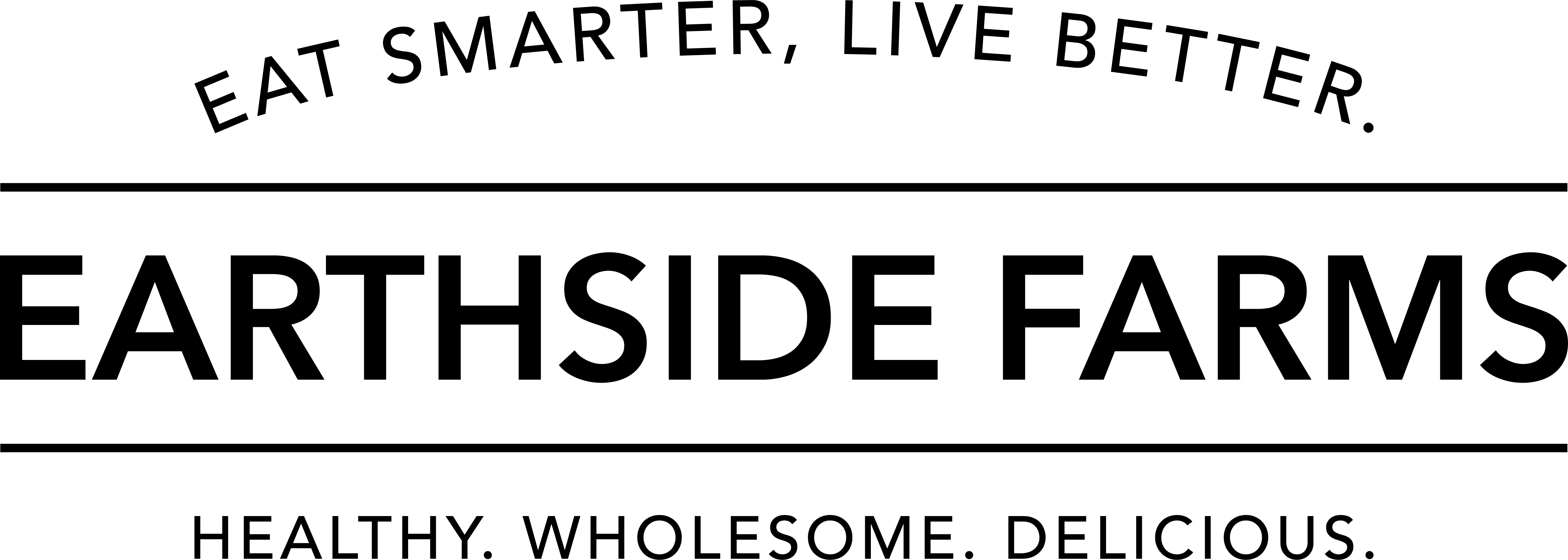In the world of nutrition, protein plays a crucial role in maintaining health and well-being. Some countries stand out for their high levels of protein consumption, reflecting their dietary habits and culinary preferences. Join us as we explore the top countries with the highest daily protein consumption, uncovering the cultural influences behind their protein-packed meals and the vital role protein plays in strengthening our bodies. Discover why this nutrient is more than just a dietary staple—it's the key to unlocking a healthier, more energized life.
The Top Countries by Protein Consumption
1. UNITED STATES
Americans average 113 grams of Protein daily
Overview: The U.S. tops the list with its protein-rich diet, featuring a variety of sources like beef, chicken, pork, dairy, and eggs. This high protein consumption is fueled by widespread dietary preferences and the availability of convenient, processed foods.

3. AUSTRALIA
Australians average 112 grams of Protein daily
Overview: Australians enjoy a diet rich in meat and dairy, including beef, lamb, chicken, and various dairy products. Seafood also contributes significantly to their protein intake, reflecting the country’s abundant natural resources.

3. CANADA
Canadians average 111 grams of Protein daily
Overview: Canadians benefit from a protein-packed diet, including various meats, dairy, and fish. Their approach to eating is shaped by a focus on health and nutrition and a preference for wholesome and nourishing foods, making protein a central part of their meals.

4. ARGENTINA
Argentinians average 109 grams of Protein daily
Overview: Argentinians have a diet that is traditionally rich in protein, with beef as a cornerstone of their cuisine. Alongside beef, they commonly consume chicken, pork, and dairy, favoring hearty, satisfying meals. Protein remains a key focus in their diet, with an increasing emphasis on incorporating a variety of high-protein sources to meet evolving health and nutritional needs.

5. BRAZIL
Brazilians average 107 grams of Protein daily
Overview: Brazil’s diet is diverse and protein-rich, with beef, poultry, and fish being key components. Brazilians are known for their churrasco (barbecue) culture, which emphasizes the importance of meat in their meals. Beans and rice, often combined with animal protein, form a staple of the daily diet. There is also a growing interest in healthy eating and maintaining fitness, leading to the demand for high-protein foods across the country.

The Benefits of Protein
Protein is not just a dietary component but a fundamental building block for the body. Here are some key benefits:

- Muscle Growth and Repair: Protein is essential for building and repairing tissues, including muscles. It supports muscle growth and recovery, especially important for athletes and those engaged in regular physical activity.
- Enzyme and Hormone Production: Protein is crucial for the production of enzymes and hormones that regulate various bodily functions. For instance, insulin, a hormone that regulates blood sugar levels, is made of protein.
- Immune Function: Protein is vital for a strong immune system. Antibodies, which help fight infections, are proteins that play a key role in the body’s defense mechanisms.
- Satiety and Weight Management: High-protein diets can promote satiety, helping to control hunger and reduce overall calorie intake. This can be beneficial for weight management and metabolic health.
-
Cellular Function: Every cell in the body contains protein, which is crucial for maintaining cell structure and function. Proteins are involved in virtually every cellular process, from nutrient transport to cellular repair.
Conclusion
These top protein-consuming countries reflect diverse dietary habits shaped by cultural preferences, agricultural practices, and economic factors. Protein’s benefits extend far beyond just providing energy; it supports muscle health, immune function, and overall bodily processes. As we explore the diets of these protein powerhouses, it’s clear that protein plays a vital role in maintaining health and supporting an active lifestyle. Whether you’re from the U.S., Australia, Canada, Argentina, Brazil, or anywhere in the world, understanding and optimizing your protein intake can contribute significantly to your overall well-being.


